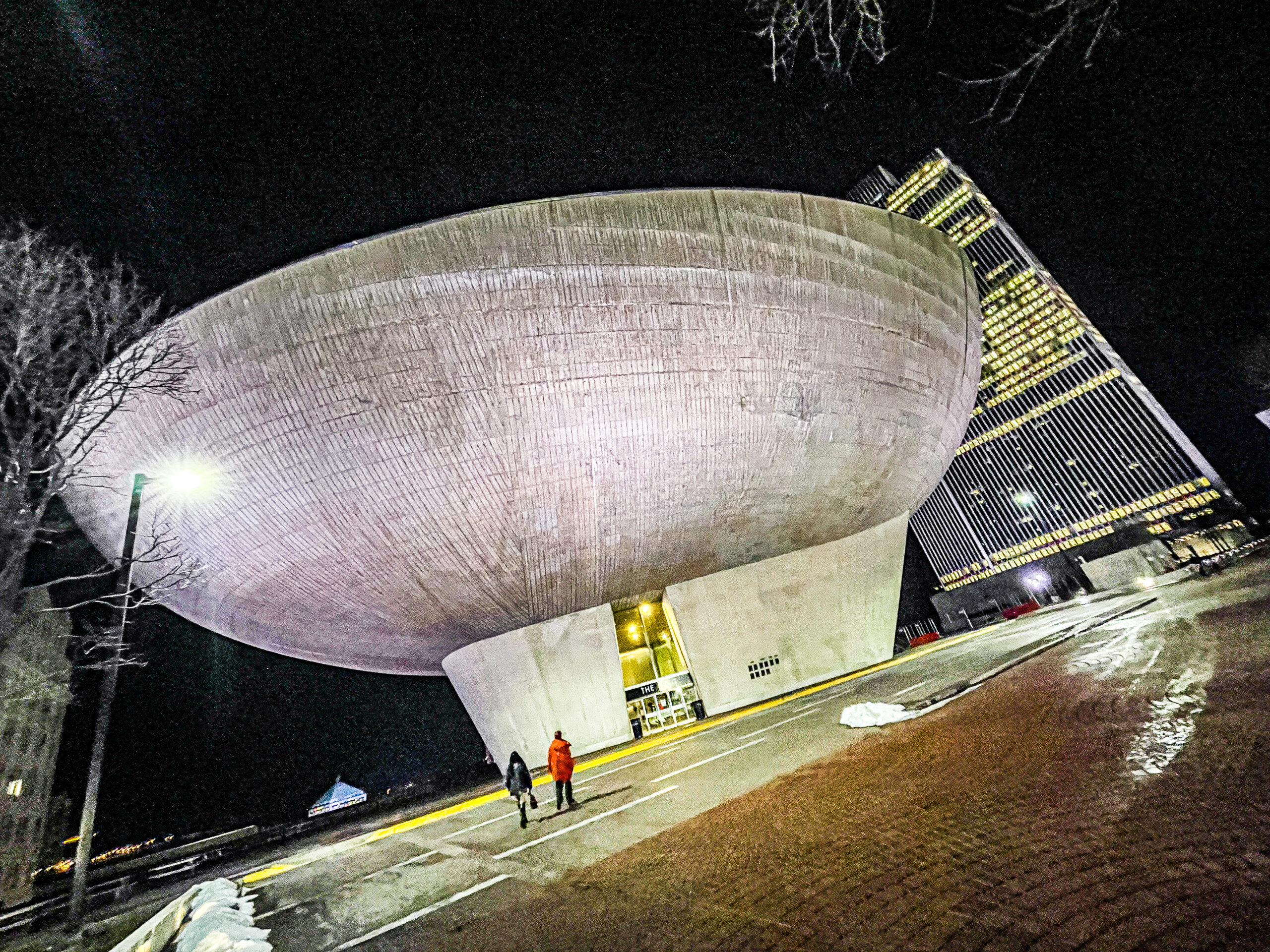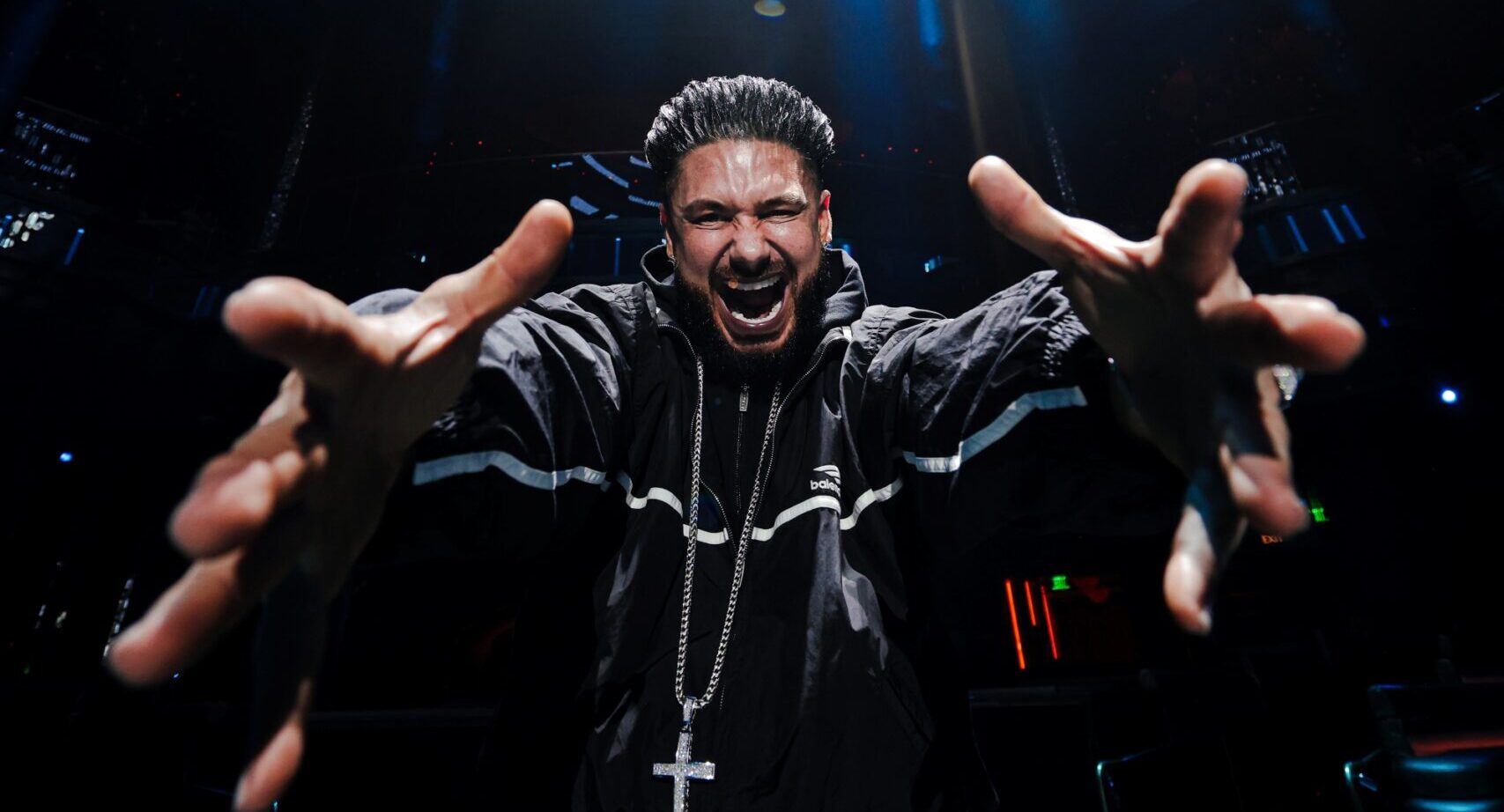This story is part of a larger feature on 10 do-gooders from Saratoga and the rest of the Capital Region. To meet the other nine honorees and purchase tickets for annual fundraising event, visit our Capital Region Gives Back event page.
Starletta Smith brings a level of empathy and compassion to her role as executive director of the YWCA of the Greater Capital Region that is simply unparalleled. She found the organization via a community college internship and hasn’t looked back since—she was hired the next year, and took the helm 11 years later. But her unique perspective comes from her life before all of that.
By the time Smith graduated high school, she had two sons and a physically abusive husband twice her age. After having her older son at just 14 (she herself still loved Mickey Mouse), she eventually found the alternative high school she graduated from—her teachers would meet her at her job, since her husband didn’t want her in school—and she got help securing a safe apartment away from her abuser. She hadn’t known those types of services existed. So now she gives back by spreading the word, while fighting racism and promoting the importance of therapy.
“My passion comes from having been a teenage mom and a survivor of domestic violence,” Smith says. “I was too embarrassed to say that I needed help. My pride wouldn’t let me, and that kept me in a shell, suffering for longer. I understand what it’s like to feel alone and hopeless and want to now uplift women and give others hope.”
Smith’s branch of the YWCA is the area’s largest provider of supportive housing for single homeless women and homeless mothers. It also runs a food pantry, and has mental health services, career counseling, addiction treatment—everything it can to make institutional change benefitting women of color. Nationwide, the YWCA, over its 150-year span, has helped more than 2 million women.
“That’s a testament to how strong we are collectively,” Smith says. “We must eliminate racism and empower women—we can’t do either without the other. No human being is disposable. So we have to stop looking at what divides us and bring people together for the greater community.”







